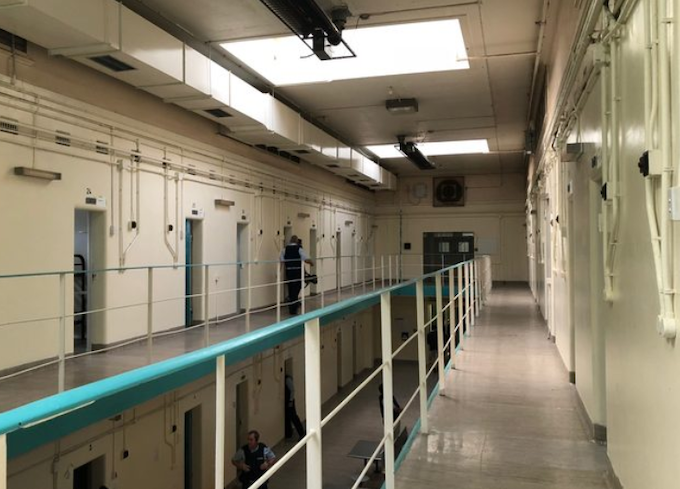
By RNZ News
Amnesty International is calling on New Zealand’s Corrections Minister to ensure force is not used to end the impasse at Waikeria Prison – where 16 inmates are entering a sixth day of protest.
The human rights group said de-escalation techniques should be used to end the protest.
It said the protesters had already raised concerns about poor treatment, and the use of excessive force and withholding food and water would make things worse.
Sixteen inmates are now in their sixth day of a protest that began on Tuesday at the prison, near Te Awamutu.
Significant damage had been done to the “top jail” facility, after fires in several places during the protest.
Amnesty also wanted Corrections Minister Kelvin Davis to end what it described as “dehumanising practices” at Waikeria, and to launch an inquiry into the state of the country’s prison system.
Relatives of the men protesting have told RNZ the men are trying to raise awareness of conditions they describe as “inhumane'”, including brown drinking water, lack of toilet paper and clean bedding, and cramped overheated cells.
Significant damage
But Department of Corrections Incident Controller Jeanette Burns said the men’s actions were violent, and they had caused significant damage to buildings and property, and were making weapons to use against staff.
Attempts to negotiate their surrender had been made, but had not resolved the situation, and water would only be provided to them on their surrender, she said.
However, a former inmate of Waikeria told RNZ he feared that once the current protest was put down, the long term problems at the jail would not be addressed.
Billy McFarlane now runs the Puwhakamua Programme for high-risk offenders in Rotorua.
He said unrest had been brewing over prison conditions around the country for some while, and something had to give.
But he was worried for the men involved.
‘Suffer the wrath of the system’
“They’re all going to get charged, they’re probably all going to end up in maximum security, they’re probably all not going to get paroled,” he said.
“They’re going to suffer the wrath of the system and then slowly this whole problem will probably go under the mat again.”
McFarlane said he remembered complaining about the same thing himself, in the 1980s.
He felt New Zealand prisons do not do enough to rehabilitate prisoners or reintegrate them back into society.
This article is republished under a community partnership agreement with RNZ.











































